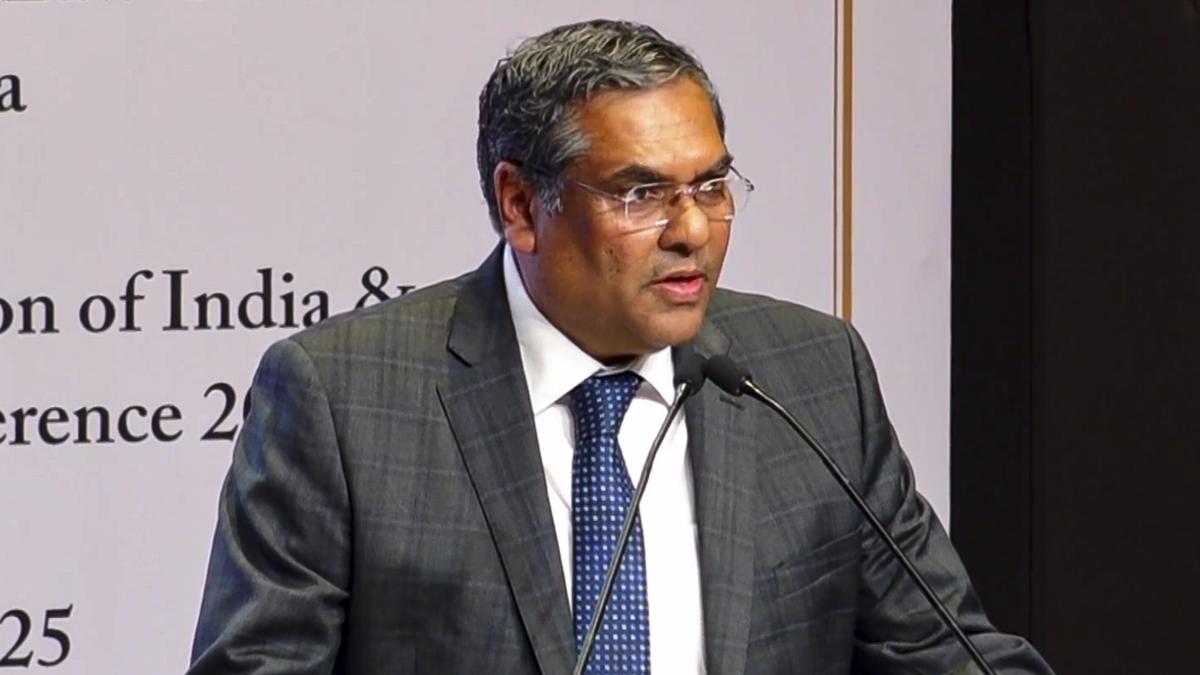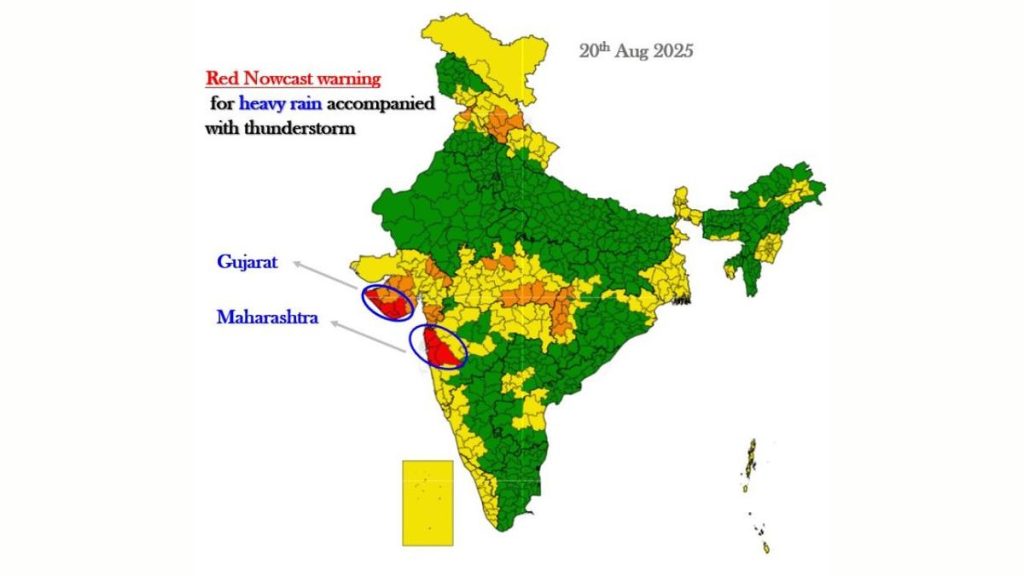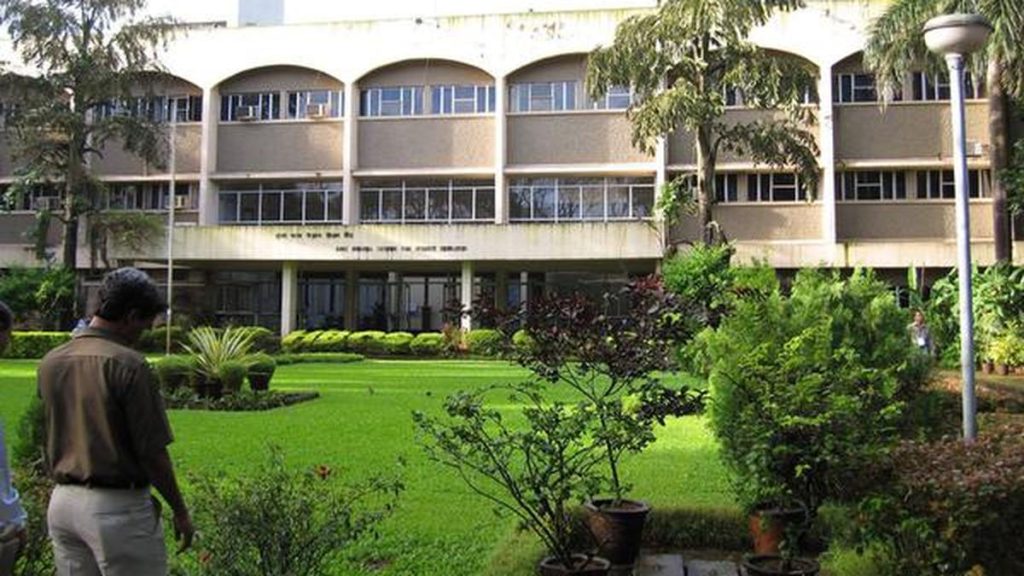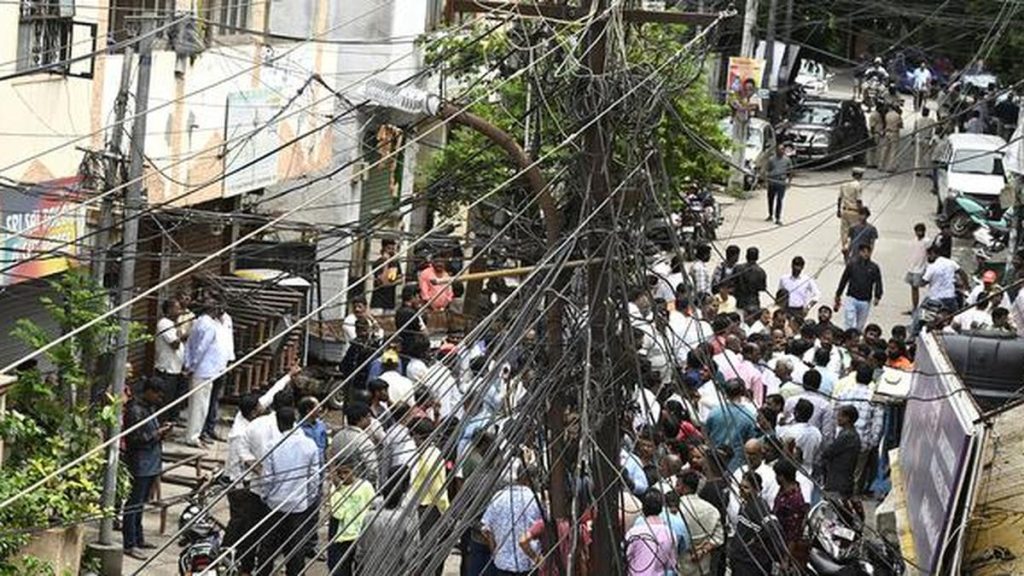Now Reading: Simultaneous Polls Bill Grants Sweeping Powers to EC, Warns Ex-CJI Sanjiv Khanna
-
01
Simultaneous Polls Bill Grants Sweeping Powers to EC, Warns Ex-CJI Sanjiv Khanna
Simultaneous Polls Bill Grants Sweeping Powers to EC, Warns Ex-CJI Sanjiv Khanna

Quick Summary:
- Former Chief Justice of India (CJI) Sanjiv Khanna discussed teh Constitution (One Hundred and Twenty-Ninth Amendment) Bill,2024,with a Joint Parliamentary Committee (JPC) on August 19,2025.
- The bill, commonly referred to as “One Nation, One Election,” aims to enable simultaneous elections for Lok Sabha and State Assemblies by amending Articles 82A, 83, and 172 of the Constitution.
- Justice Khanna raised concerns about Clause 5 of Article 82A in the proposed bill for granting “unfettered discretion” to the Election Commission of India. He argued that it might violate Article 14 and infringe upon the federal structure under Article 356.
- According to Justice Khanna’s submission:
– Decisions by ECI under this clause could give rise to indirect President’s Rule and compromise state autonomy.
– The Bill does not effectively resolve policy paralysis caused by differing election cycles due to frequent imposition of the Model Code of Conduct during premature dissolutions.
- Previously retired Chief justices U.U. Lalit, Ranjan Gogoi, J.S. Kehar, and D.Y. Chandrachud also flagged legal issues with this legislation in separate discussions.
- JPC Chairman P.P.Chaudhary stated that upcoming committee meetings will assess financial implications with input from economists.
Indian Opinion Analysis:
The debate surrounding the Constitution (129th Amendment) Bill highlights meaningful constitutional concerns regarding governance structures in India’s federal system. Criticisms from former Chief Justices underscore potential judicial challenges if enacted-particularly around arbitrary powers granted to institutions like the Election Commission under Clause 5. This raises questions on balancing centralized authority with state autonomy.
While aiming for cost efficiency through synchronized elections is a valid government goal backed by arguments about reduced financial expenditure during polls,these objectives must align constitutionally without compromising democratic processes or creating ambiguity around emergency provisions like President’s Rule.
For now, further engagement with stakeholders-including economists-offers an prospect for deeper exploration into its practical feasibility while addressing broader concerns over legal conflicts and administrative complexities.
Read more: The Hindu

























